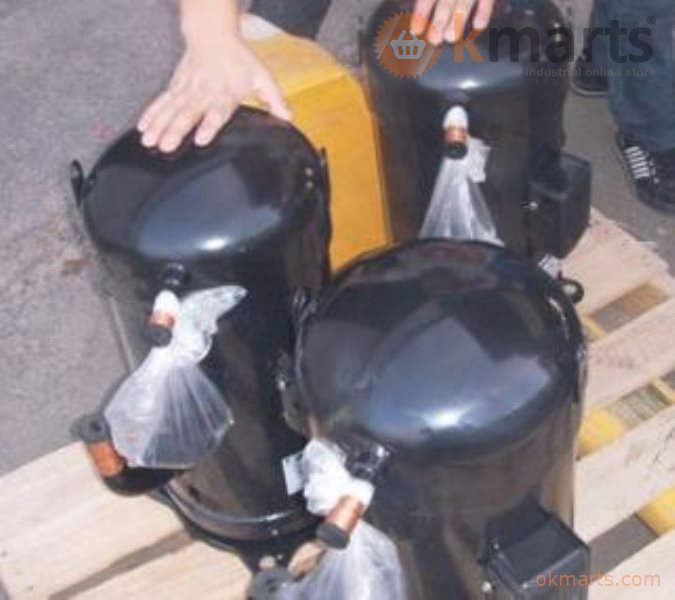Causes of non-condensable gas in refrigeration system

1. Insufficient emptying of the refrigeration system before charging the refrigerant Before charging the refrigerator, the compressor cylinder in the refrigeration system, the condenser, the evaporator, and the piping of the system were filled with air. In order to eliminate these air before charging the refrigerant, the interior of the refrigeration system Vacuuming, sometimes due to subjective and objective reasons, the vacuum inside the refrigeration system is not sufficient, and the requirements are not met, leaving a small amount of air inside the system. 2. Bring in when charging refrigerant Before the refrigerant is charged in the refrigeration system, the tubes used for charging are filled with air. Due to man-made reasons, when the refrigerant is charged, the air in the sub is not discharged, and it is directly connected to the refrigeration system. As the charged refrigerant enters the refrigeration system. 3. Non-condensable gas is mixed during the maintenance of the refrigeration system The refrigeration system works for a long time, and it is inevitable that it needs to be inspected, repaired, or cleaned and replaced. Sometimes, it is necessary to disassemble the machinery or piping. Air often enters the refrigeration system during the process of disassembly and installation. 4. Infiltration into the system from the outside atmosphere In some refrigeration systems, if the working pressure is lower than atmospheric pressure, the air in the atmosphere will penetrate into the refrigeration system through various gaps. These gaps are distributed in various places such as various valves, compressors, non-welded places and so on. 5. Chemical reaction from refrigerant In the ammonia refrigeration system, the refrigerant ammonia can be decomposed into ammonia gas and hydrogen at a certain temperature and pressure. The degree of decomposition is positively related to the temperature and pressure. The higher the temperature, the greater the pressure, and the easier the ammonia is to decompose. In the Freon refrigeration system, Freon may chemically react with impurities mixed into the system to produce non-condensable gas. For example, R12 reacts with water under certain conditions to produce carbon dioxide. 6. The decomposition of lubricating oil will also produce non-condensable gas Among the lubricating oils used in refrigeration systems, some lubricating oils, such as mineral lubricating oil, can decompose to produce a variety of hydrocarbon gases under complex working conditions, and these hydrocarbon gases will be mixed into the refrigerant in the system.


